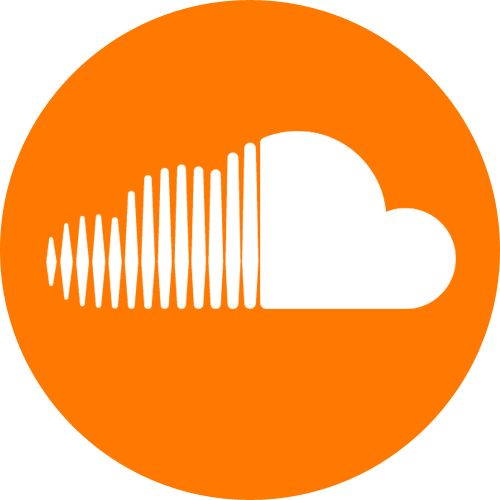As our first email of the year, we are excited to share the first episode from our new and fourth season of our podcast series, How I Grew My Brand, where we talk to founders growing what we at Piper call brand legends. You can listen to all of the seasons on iTunes or on here.
In the six-episode season, our host and ITV news anchor Mary Nightingale has interviewed the founders of six of the UK’s leading brands – Orlebar Brown, Snag, Papier, Huel, Brompton Bikes and Cult Beauty. They all have the hallmarks of a brand legend, building brands with a strong purpose, a differentiated product and customer experience, a great culture, an obsession about customers and, importantly, an engaged global community. From Snaggers and Hueligans to those who feel like Cult beauty insiders or part of a Paper Gang, to those who join annual Brompton bikes rides or have legions of fans taking photos of themselves feeling summer around the world (#OBsAroundTheWorld).
As in previous seasons, we explore how founders navigate the growth challenges through the 7, 17, 70 inflection points (whether it be turnover, number of people or another metric) from both a personal and business perspective. The stories tell of the differing approaches to growth. Yet all experience common challenges – dealing with the stresses of being a founder, finding the right skills and people who can keep culture alive, unearthing and communicating the brand’s purpose, raising money from the right people, growing internationally, dealing with Covid, becoming more sustainable and finding a new home for their business.
We launch the season with one of our former brands, Orlebar Brown. It’s a captivating story that tracks the brand from inception to selling to Chanel. It starts with founder Adam Brown talking about his personal drive to start the business with £40,000 of savings in order to find something that he could be proud of and feel excited about in the morning. He talks about the importance of simplicity and launching with one hero product that could evolve in many different ways – “It’s about the clarity of messaging, the clarity of imagery”. Over time, the swimshorts became a canvas for collaborations and innovation.
All brands need to define who they are and who they want to be. Although always present, it took Orlebar Brown some years to write down its purpose. After we invested, it was something we worked closely with the team on. For Adam, “a brand is a living and breathing thing. It’s easy for a brand to go wrong if you don’t define your purpose. Our purpose is not to make swimshorts. We are sunshine, fun, having a good time, laughter, friendship. We encourage, excite and enable everyone to holiday better. Once you define a purpose, it lifts the lid for opportunities to happen. The last thing you want to be is stuck at a party with someone who is average. I would prefer to have a personality than to make everyone like us.”
Orlebar Brown’s strong purpose helped the brand inspire a community around the world who bought into this sensibility and lifestyle. Adam talks about customers being people “who have a certain approach to life, a man with a certain attitude and aspiration to live his life a certain way”, whether Daniel Craig or David Cameron. Perhaps unexpectedly, it was a paparazzi snap of the latter not the former which led to the most traffic to website (up until then). Adam has always been forensic in knowing who the customer is, contacting his early customers to ask them why they bought the product. Even now, he gets a list every Monday to contact personally.
At Piper, we always seek to find the best homes for our brands and there’s no better than Chanel. Adam shares his experiences of selling to a bigger business, including the importance of getting to know them over a long period of time. He describes his role now in ensuring the brand remains innovative from a design and customer experience perspective as it grows across different channels (65% is D2C) and globally (the US will soon be its biggest market after the UK).
As the business grew and changed, so did the people who would take it to the next stage. Having Paul Donoghue as CEO helped OB’s transition become reality. As Adam says, “I provide the narrative and sensibility and Paul, through sheer force and drive, made the vision come alive.” He admits that his best quality was not needing to have control while bringing in the right people and investors at the right time.
Not everything worked out – rushing into womenswear was a mistake. For Adam, the learning is that “founders go into new areas before maximising their original mission. They go into new products and services to cover up the failures of the original one”.
Building the product range out well is an important part of brand-building. If done well, it comes with unexpected successes – OB’s towelling Goldfinger onesie sold out within days.
Enjoy listening. We loved recording it and partnering with Adam on his and OB’s journey around the world.




